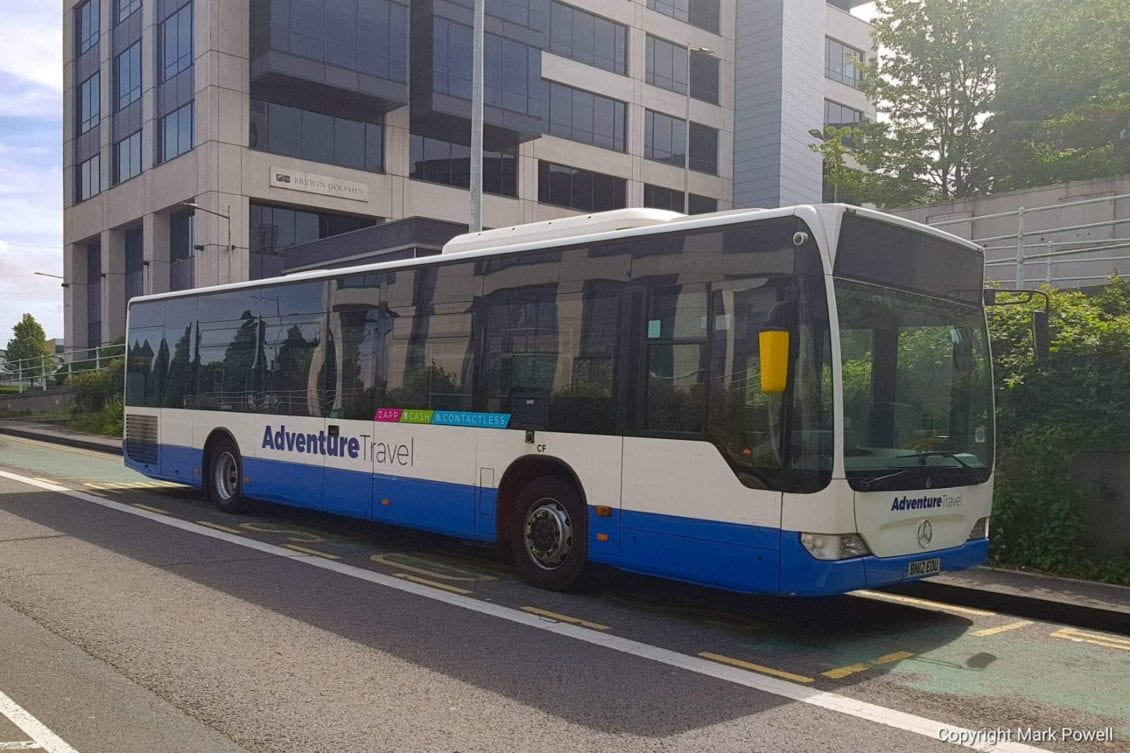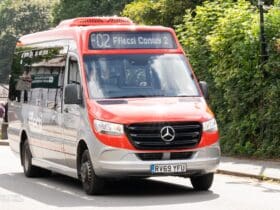From Monday 27th July people travelling on public transport must wear face coverings in Wales. The law will also apply to taxis.
The change was announced by the First Minister on 13th July as part of ongoing efforts to protect people from coronavirus.
Under the new law, people aged 11 and over will be required to wear face coverings on public transport. There will be exemptions for people with certain health conditions, including respiratory diseases.
People are advised to wear a face covering made up of three layers of the same close knit, or close woven material.
Drivers, guards and other operators of public transport may ask people not to board if they are not wearing face coverings. If necessary fixed penalty notices may be issued by the police, with a fine of £60 in the first instance subsequently doubling in the event of repeated offences.
Ken Skates, Minister for Economy, Transport and North Wales, said:
“From today the vast majority of our public transport users in Wales will be required to wear a face covering while travelling on our buses, our trains and in taxis. The law has been introduced to help reduce the risk of public transmission of coronavirus and to protect the health of our public transport users.
“We know it may not always be possible to maintain a 2m physical distance on public transport and the requirement to wear a face covering is in addition to other guidance we have issued to our transport providers in order to encourage safe travel.”
The move to make face coverings on public transport compulsory will help operators to increase capacity on trains and buses as demand rises following the ongoing process of gradually easing the coronavirus restrictions in Wales.
At the moment the Welsh Government is still asking people to consider their reasons for using public transport in order to ensure capacity for critical workers and those with no alternative transport.









Leave a Reply
View Comments